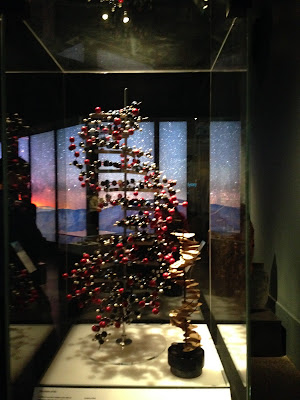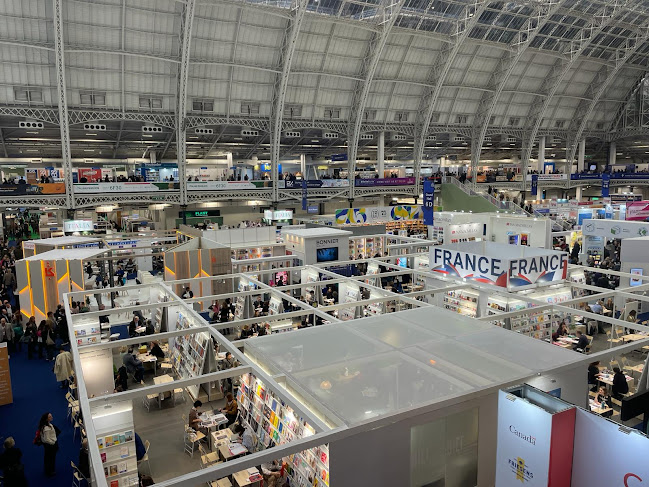Credible but unapproachable
At the beginning of the COVID-19 pandemic, scientists were seen as credible but unapproachable, according to 3M's State of Science Index (SoSI 2022).
So now what?
He
had a chronic illness that had developed beyond the possibility of
cure. That surgery could have limited pain. He worked in healthcare, he
knew the consequences.
His doctors were incredulous.
A lot of this has to do with misunderstanding.
My personal experience on how doctors and scientists are perceived is with confusion and fear. 😕 😨
Science relies upon information that is accurate and complete.
While most doctors try to present information in an easily understood language, this does not evoke reactions in most people. 💜
Going to the hospital is scary. 🏥
Staying home is safe.🏡
Doctors were offering the best options. So, how could he decide between complicated options and doing nothing? This is the question I most get asked:
If it was you, what would you choose?
Answer with a story. Tell the scared person in front of you something about yourself.
Make it relatable to their situation.
Was my dad really doing nothing, or trying to enjoy the time he had left?
Maybe petting his spoiled cat was all the comfort he needed. 🐈
Do stories lie? No, they align with the way we think.
They engage our emotions, and motivate us to question our worldview.
I'd want to know. Make informed decisions.
Clearly weigh my options.
And then sob like a child, for life is not fair. 😰😩
To my dad. Because I'm only human.




Comments
Post a Comment